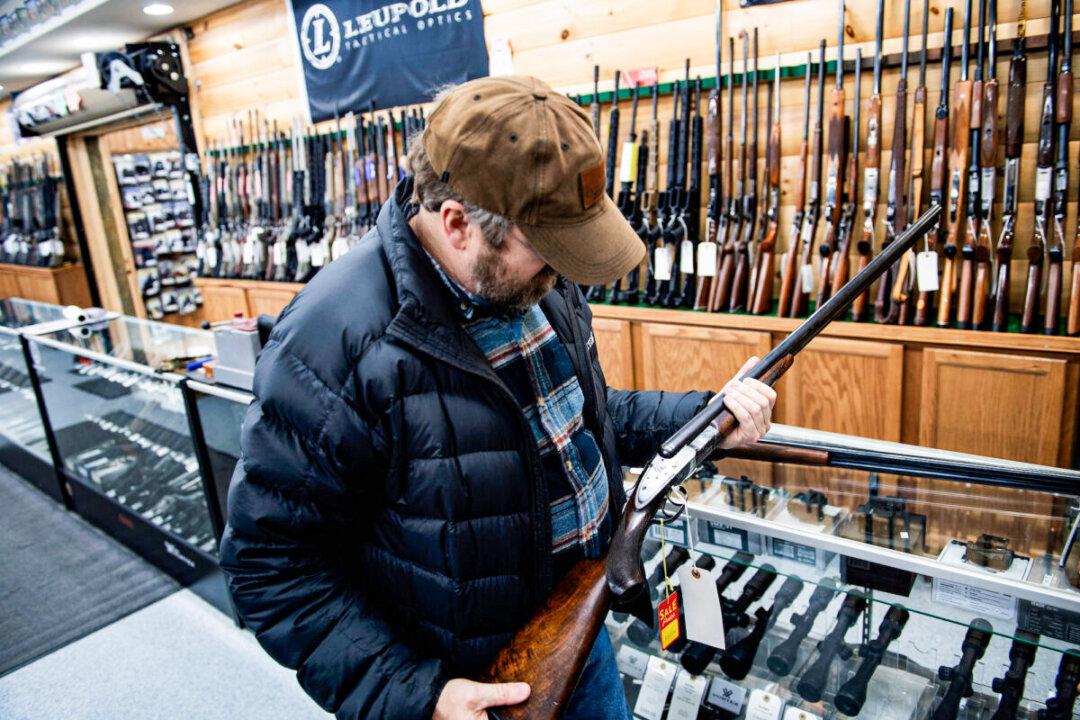Having failed to pass gun bans to curtail Americans’ purchases of firearms, the Biden administration appears now to be attempting to restrict the supply of guns with a new “zero tolerance” policy at the Bureau of Alcohol, Tobacco, Firearms, and Explosives (ATF) that has put nearly 2,000 gun sellers out of business in the past two years, according to one lawsuit.
Starting in 2021, the ATF implemented an aggressive agenda in its inspections of Federal Firearms Licensees (FFLs), in many cases permanently revoking licenses over what defendants say are minor clerical errors.





